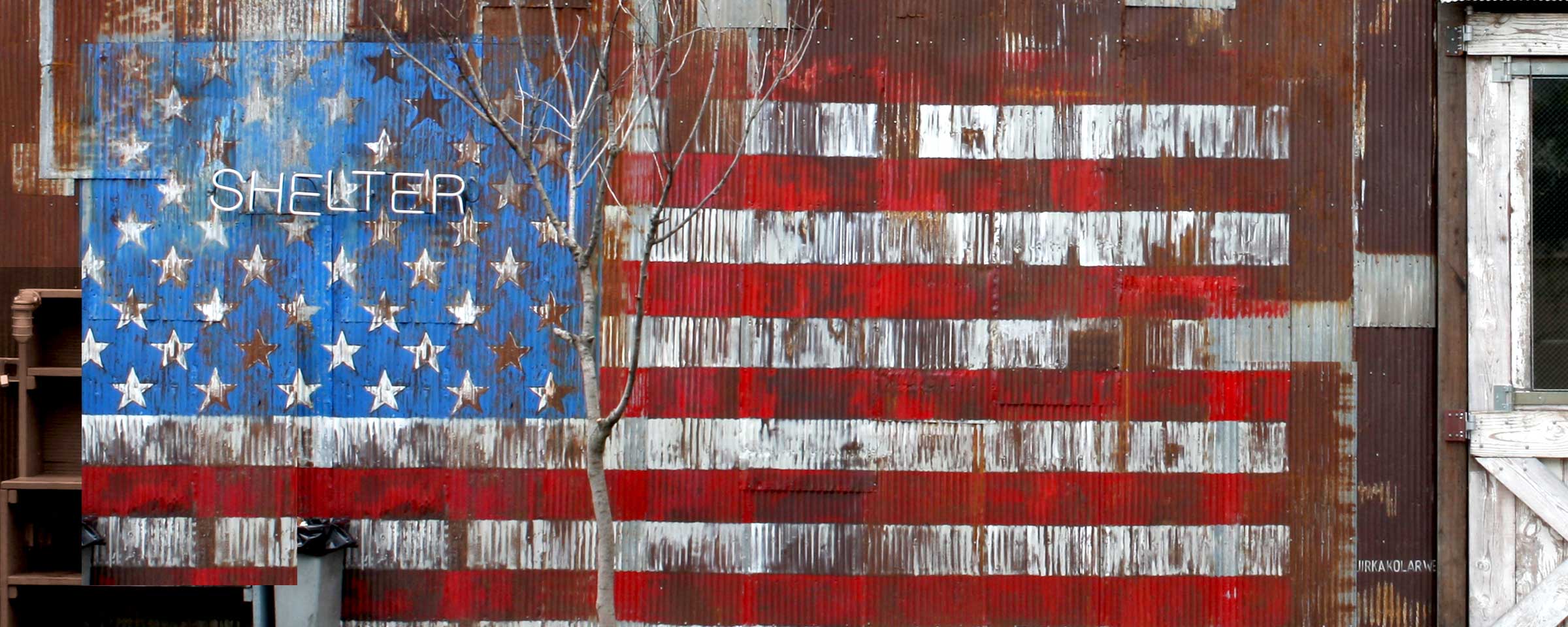
Lozano v. Hazleton
What's at Stake
In July, 2006 the city of Hazelton, Pennsylvania passed anti-immigrant legislation that would punish landlords and employers who are accused of renting to hiring anyone the city classifies as an “illegal alien.” Businesses that refused to comply with the laws and investigate the immigration status of employees and tenants would be fined or denied business permits.
Summary
The ordinances, originally slated to go into effect November 1, 2006, were never implemented as a result of litigation brought by the ACLU and other civil rights groups starting in August 2006. The federal suit argued that the ordinances illegally usurped the federal government’s exclusive power over immigration, in addition to violating due process and equal protection rights.
Hazleton officials blamed many of the town's ills, including crime and economic burdens, on undocumented immigrants. Supporters of the law stated that their goal was to drive so-called "illegal aliens" out of town. At a two-week trial in March, 2007, the plaintiffs presented evidence showing that Hazleton’s attempt to scapegoat immigrants was based on distorted facts and propaganda, not reality. The case was closely watched across the country because the Hazleton ordinances had served as a model for similar anti-immigrant laws nationwide.
On July 26, 2007, District Court Judge James M. Munley ruled the Hazleton ordinances unconstitutional, and prohibited the town of Hazleton from enforcing them. The town appealed that decision to the 3rd Circuit Court of Appeals, and in September, 2010, the 3rd Circuit also ruled the ordinances unconstitutional in a unanimous decision. The case went back before the 3rd Circuit appeals court after the Supreme Court’s ruling on Arizona’s anti-immigrant laws in 2012. In July 2013 the Third Circuit Court of Appeals reaffirmed its earlier finding. That decision came the same week the Fifth Court of Appeals ruled against a similar anti-immigrant ordinance in Farmers Branch, Texas.
In March, 2014, the U.S. Supreme Court denied Hazleton’s request that it hear the case, leaving in place the earlier federal court rulings finding the ordinances unconstitutional and ensuring that they will never go into effect. Plaintiffs’ petition for approximately $2.8 million in legal fees is currently pending in the district court.
This link will serve content from youtube.com.
En Español
Legal Documents
-
07/26/2013
Lozano v. Hazleton - Opinion for the Third Circuit
Date Filed: 07/26/2013
Affiliate: Pennsylvania
-
08/02/2012
Lozano v. Hazleton - Appellees’ Letter Brief Addressing Arizona v. United States
Date Filed: 08/02/2012
Affiliate: Pennsylvania
-
09/09/2010
Lozano v. Hazleton - Opinion
Date Filed: 09/09/2010
Affiliate: Pennsylvania
-
04/08/2008
Lozano v. Hazleton - Brief of Appellees
Date Filed: 04/08/2008
Affiliate: Pennsylvania
-
07/26/2007
Lozano v. Hazleton - Decision
Date Filed: 07/26/2007
Affiliate: Pennsylvania
-
05/14/2007
Lozano v. Hazleton - Plaintiffs' Post-Trial Findings of Fact and Brief
Date Filed: 05/14/2007
Affiliate: Pennsylvania
-
03/05/2007
Lozano v. Hazleton - Amicus Brief of the Chamber of Commerce of the United States of America
Date Filed: 03/05/2007
Affiliate: Pennsylvania
-
02/12/2007
Lozano v. Hazleton - Memorandum of Law in Support of Plaintiffs' Opposition to Hazleton's Motion to Dismiss and Cross Motion for Summary Judgement
Date Filed: 02/12/2007
Affiliate: Pennsylvania
-
01/12/2007
Lozano v. Hazleton - Second Amended Complaint
Date Filed: 01/12/2007
Affiliate: Pennsylvania
-
11/03/2006
Lozano v. Hazleton - Second Stipulation and Order
Date Filed: 11/03/2006
Affiliate: Pennsylvania
-
10/31/2006
Lozano v. Hazleton Temporary Restraining Order
Date Filed: 10/31/2006
Affiliate: Pennsylvania
-
10/30/2006
Lozano v. Hazleton - First Amended Complaint
Date Filed: 10/30/2006
Affiliate: Pennsylvania
-
09/01/2006
Lozano v. Hazleton: Stipulation and Order
Date Filed: 09/01/2006
Affiliate: Pennsylvania
-
08/15/2006
Lozano et. al v. Hazleton PA Complaint.pdf
Date Filed: 08/15/2006
Affiliate: Pennsylvania
-
08/15/2006
Letter to Mayor Barletta of Hazleton, PA
Date Filed: 08/15/2006
Affiliate: Pennsylvania
Press Releases
Federal Appeals Court Issues Forceful Ruling Against Local Pennsylvania Anti-Immigrant Ordinance
ACLU Asks Court to Reject Hazleton, PA’s Attempt to Revive its Unconstitutional Anti-Immigrant Ordinances
Hazleton, PA Anti-Immigrant Law Is Unconstitutional, Federal Appeals Court Rules
Federal Court Of Appeals Hears Arguments On Hazleton Anti-Immigrant Law
Federal Court Strikes Down Discriminatory Anti-Immigrant Law in Hazleton, Pennsylvania
Federal Trial Over Hazleton, PA’s Anti-Immigrant Ordinances Concludes